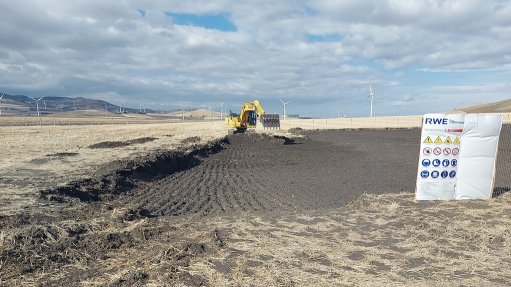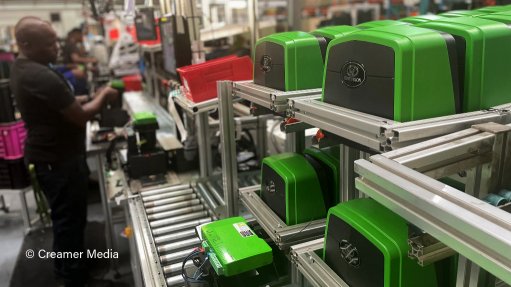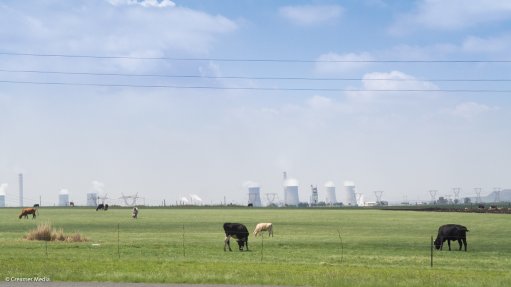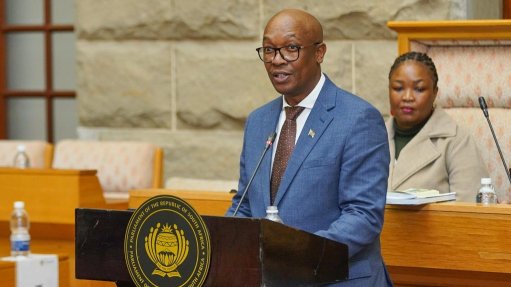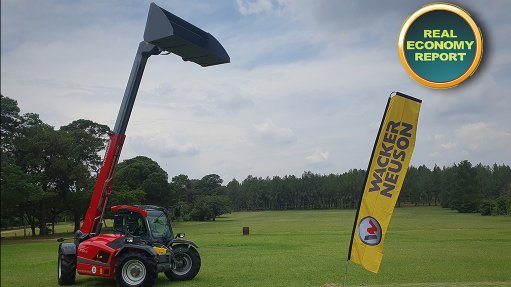It’s time journalism changed tack
I may not have any survey data to back this up, but I don’t think I would be far off the mark in saying commuter taxi drivers and traffic cops who use the slightest pretext to squeeze a bribe – the infamous ‘cooldrink money’ – are the worst nightmares of Mzansi’s urban motorists.
Our commuter taxi drivers are a law unto themselves. It’s as if none of them had to endure the palaver of memorising the contents of the K53 handbook, sitting the test for the learner’s licence and taking the road test that is the final hurdle in one’s rite of passage towards being a licensed driver. They have no qualms about overtaking on the wrong side of the road, disregard speed limits, stop anywhere (even in the middle of a road so that their passengers can disembark), skip red robots. The list is endless. And they get away with it.
When Covid-19 arrived on these shores and we all did our bit to curb the spread of the new scourge, the taxi drivers resisted sticking to 50%-capacity loads to ensure physical distancing.
By many accounts, their counterparts in several African countries are equally unruly. Someone once told me how Nairobi motorists automatically give way to matatus (that’s what they call commuter taxis up there) at stop streets or nonfunctioning traffic lights. That’s because they don’t yield to other road users.
As for our traffic cops, stories abound of their penchant for ‘cooldrink money’.
When the misdemeanors of commuter taxi drivers or rogue traffic officers make it into the news, it’s likely these will be breaking stories: a taxi driver causes a horrific crash, a bribe-soliciting traffic officer caught in the act or suchlike.
How about covering such incidents through the lens of constructive journalism, for a change?
Constructive journalism is a new way of approaching news, and is based on the idea that there is a negativity bias in the news media that needs to be corrected. Instead of overemphasising what is going wrong in the world, it aims to provide a fair, accurate and contextualised picture. In practice, this involves exploring grey areas and nuances, looking for solutions to problems.
I came across an excellent example of this in a Kenyan newspaper last week. Besides commuter taxi drivers, Kenyans have to contend with the terror frequently unleased by motorcyclists who transport passengers and goods in urban areas. Their number has increased exponentially since 2008, when the import duty on motorcycles was zero-rated. As the newspaper put it, the riders had been “tolerated for a long time” and had “become perpetrators of violent crimes and [behaved] as if they own the roads”.
After the riders had assaulted a woman driver, the reporter who wrote the story conducted a thorough research on how Rwanda, which previously faced a similar problem with its own riders and commuter taxi drivers, had turned these fellows into a force for good. This prompted me to do my own research on Rwandan commuter taxi operators. Indeed, there are many good stories to tell about them. For instance, while our guys were obstinately refusing to load their vehicle to only 50% of their capacity at the height of the Covid-19 pandemic, their Rwandan counterparts were rolling out campaigns to raise public awareness of the disease.
Constructive journalism can also be deployed to tackle rogue traffic policing. A Zambian friend of mine tells me that he once had a tyre puncture while driving through Botswana and was helped to change the affected wheel by cops. When he offered them cooldrinks (not in the South African sense) they refused. Little wonder Botswana is one of the least-corrupt countries in Africa. Journalists should report how that came about.
Article Enquiry
Email Article
Save Article
Feedback
To advertise email advertising@creamermedia.co.za or click here
Comments
Announcements
What's On
Subscribe to improve your user experience...
Option 1 (equivalent of R125 a month):
Receive a weekly copy of Creamer Media's Engineering News & Mining Weekly magazine
(print copy for those in South Africa and e-magazine for those outside of South Africa)
Receive daily email newsletters
Access to full search results
Access archive of magazine back copies
Access to Projects in Progress
Access to ONE Research Report of your choice in PDF format
Option 2 (equivalent of R375 a month):
All benefits from Option 1
PLUS
Access to Creamer Media's Research Channel Africa for ALL Research Reports, in PDF format, on various industrial and mining sectors
including Electricity; Water; Energy Transition; Hydrogen; Roads, Rail and Ports; Coal; Gold; Platinum; Battery Metals; etc.
Already a subscriber?
Forgotten your password?
Receive weekly copy of Creamer Media's Engineering News & Mining Weekly magazine (print copy for those in South Africa and e-magazine for those outside of South Africa)
➕
Recieve daily email newsletters
➕
Access to full search results
➕
Access archive of magazine back copies
➕
Access to Projects in Progress
➕
Access to ONE Research Report of your choice in PDF format
RESEARCH CHANNEL AFRICA
R4500 (equivalent of R375 a month)
SUBSCRIBEAll benefits from Option 1
➕
Access to Creamer Media's Research Channel Africa for ALL Research Reports on various industrial and mining sectors, in PDF format, including on:
Electricity
➕
Water
➕
Energy Transition
➕
Hydrogen
➕
Roads, Rail and Ports
➕
Coal
➕
Gold
➕
Platinum
➕
Battery Metals
➕
etc.
Receive all benefits from Option 1 or Option 2 delivered to numerous people at your company
➕
Multiple User names and Passwords for simultaneous log-ins
➕
Intranet integration access to all in your organisation






